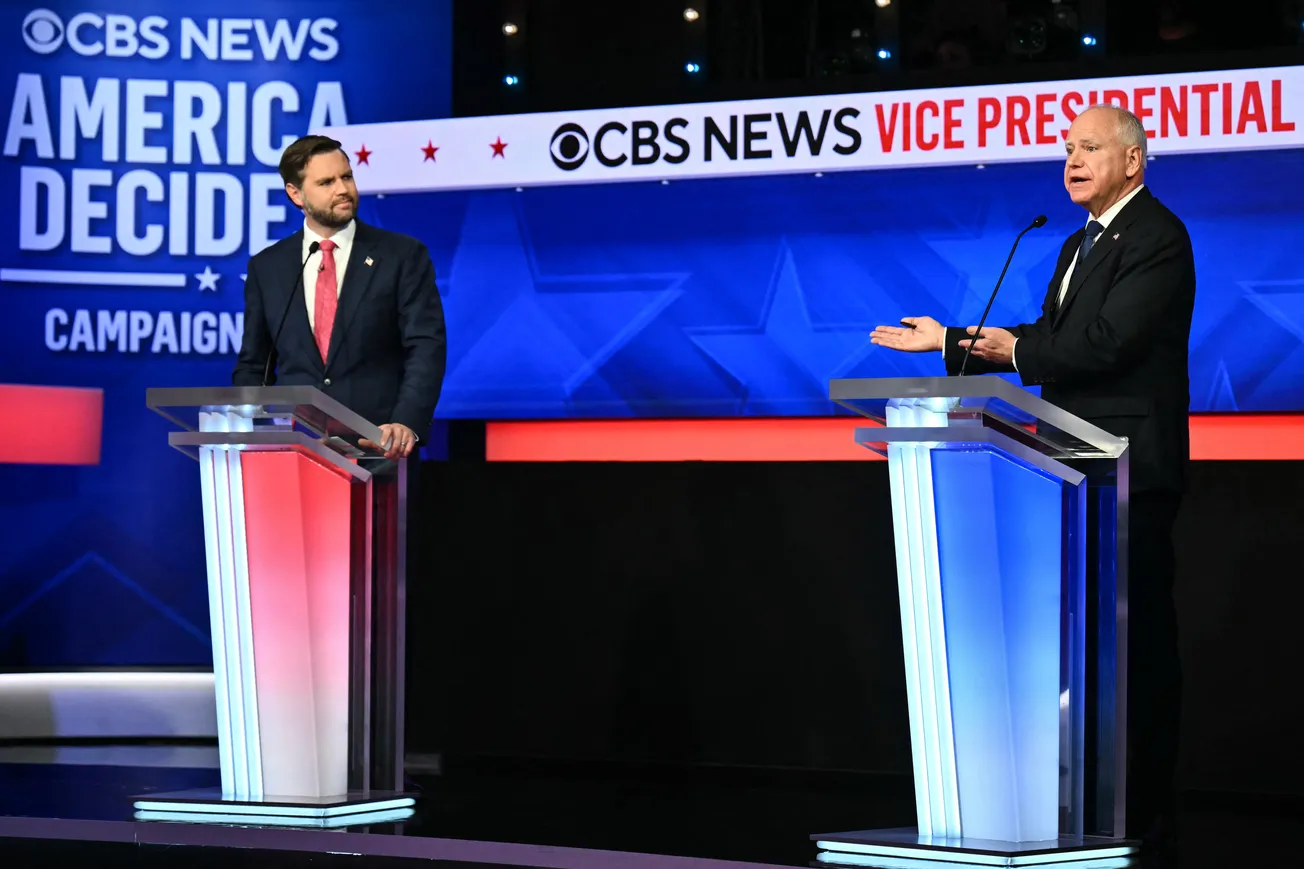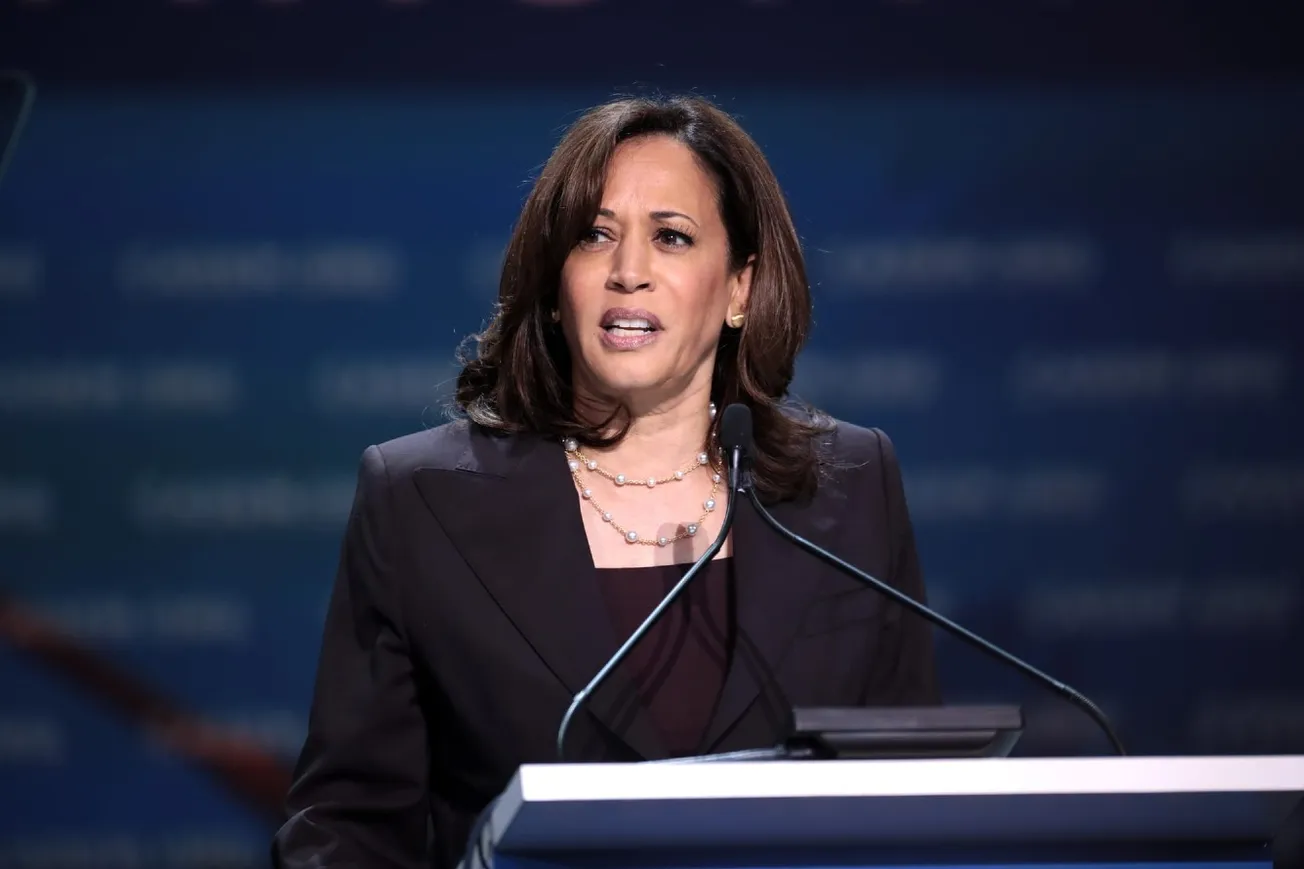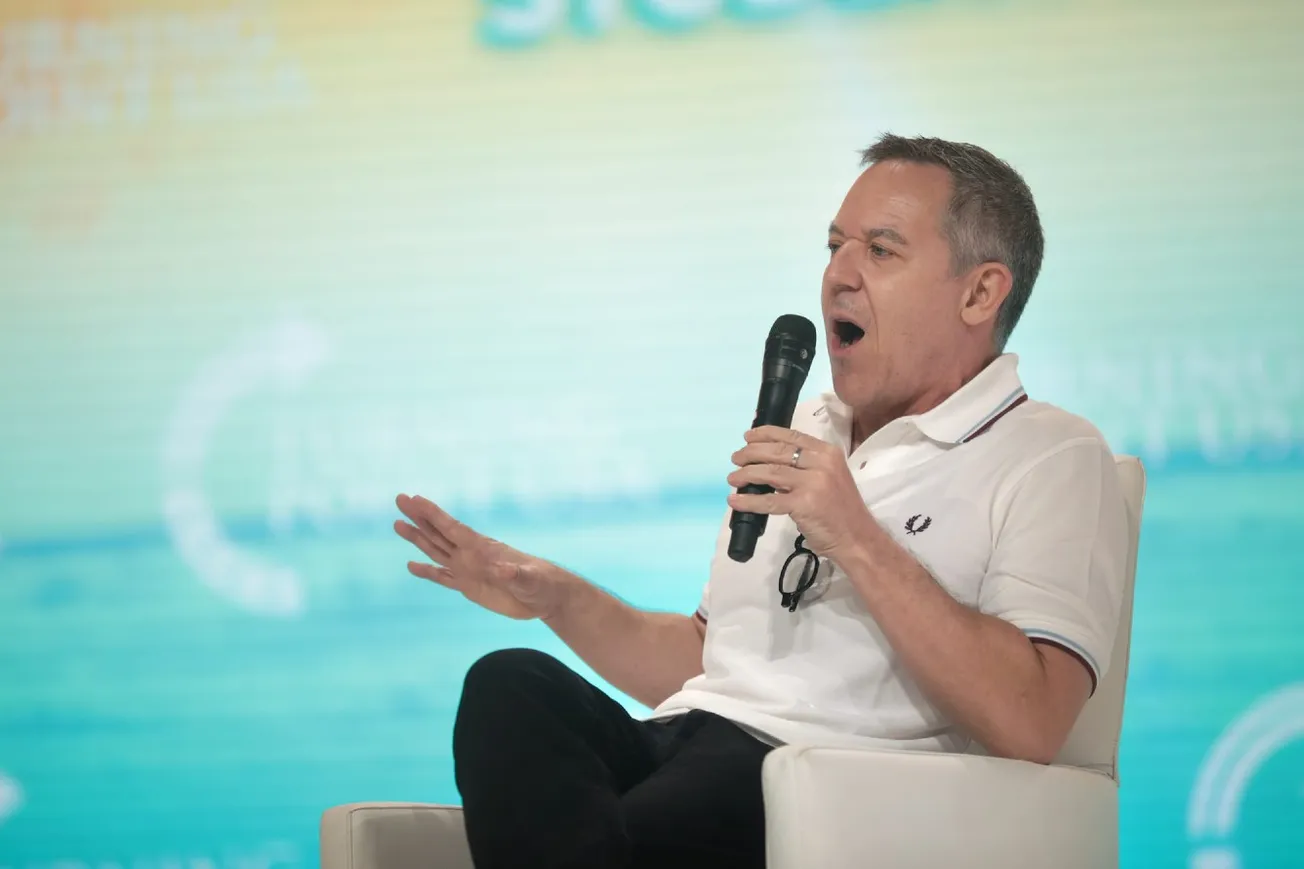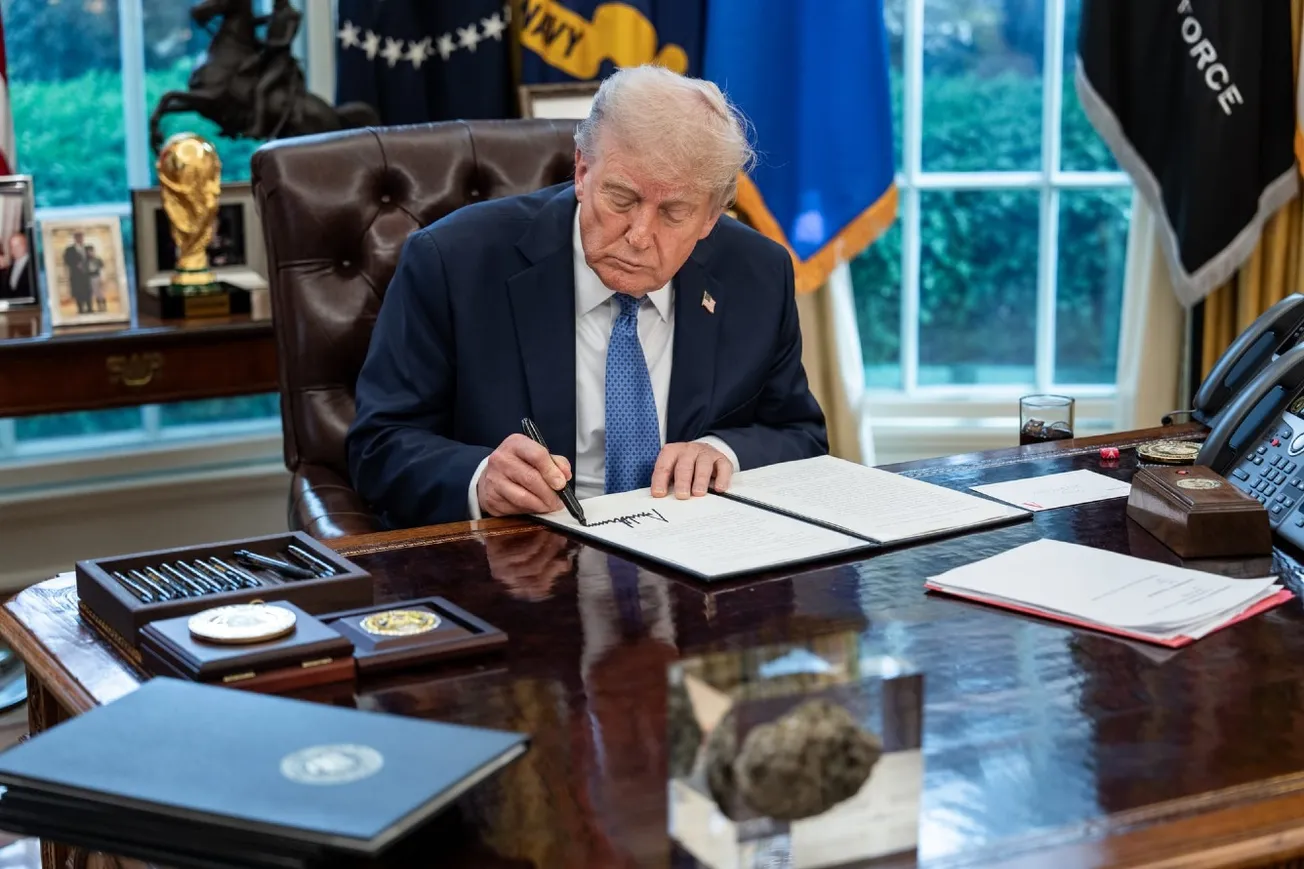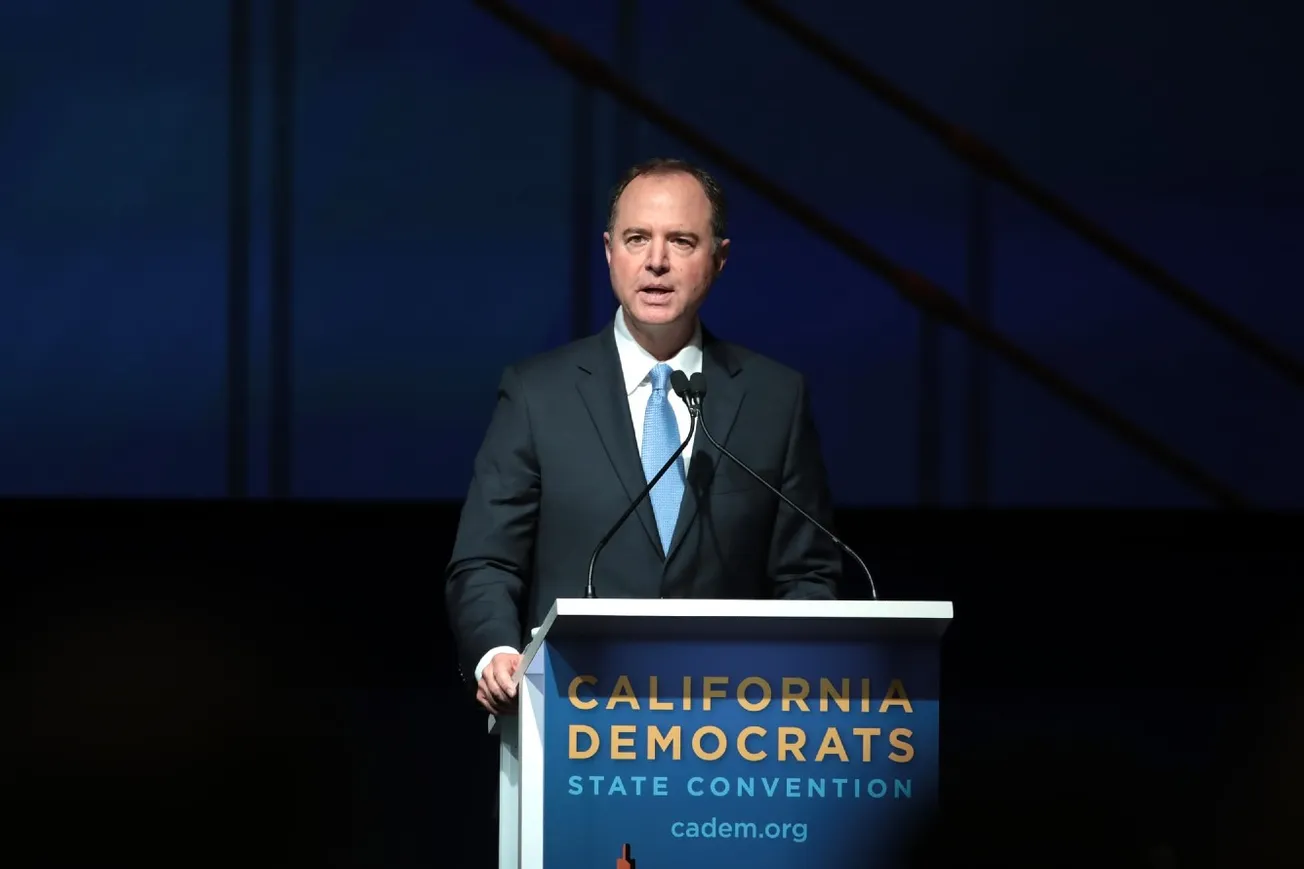Americans hoping to see fireworks during the Vice Presidential debate between Sen. JD Vance and Minnesota Gov. Tim Walz were sorely disappointed. Nothing of consequence happened, and the 90-minute program felt more like a University Interscholastic League contest between two high school debate champions discussing boring policy.
The debate moderators - Norah O'Donnell (CBS Evening News anchor and managing editor) and Margaret Brennan (Face the Nation moderator and chief foreign affairs correspondent) - were fairer than the ABC News moderators on September 10. Still, O'Donnell tried to inject herself into the debate twice: once on climate change and again while repeating that judges ruled that Trump's 2020 post-election lawsuits all went against him. Brennan appeared more even-handed to both candidates.
The debate started with a discussion of the explosive situation in the Middle East—and expectedly, neither Vance nor Walz deviated from America's forsworn commitment to Israel. However, for what could be the last debate before the election, we noted several issues that were not raised at all: Ukraine, NATO, the longshoreman strike, spiraling deficits, the expiry of the Trump tax cuts, America's $35 trillion debt, and inner-city crime.
Both candidates were well prepared, spoke fluently, and, often, elegantly. They were both congenial and respectful of each other, reflecting the highest traditions of Vice Presidential debates. They even agreed with each other numerous times.
Walz met the low bar set for him, speaking without memorized lines and seeming to speak extempore, while Vance failed to deliver the knockout performance expected.
After the biased Philadelphia debate, in which ABC News moderators were grossly unfair to former President Trump, he needed a home run performance from his running mate to say that his side won the debate. What Trump got was, at best, a second-base hit from Vance.
Vance talked about himself (we counted no fewer than six occasions when he tried to tell a personal anecdote about his mother, grandmother, wife, or children) and sounded almost like Harris when she often says, "I grew up a middle-class child when my mother raised my sister and me." Even Vance's opening remark to a question was a brief biography about who he was, taking away valuable time from the two minutes he was allotted to address the Middle East.
To win the debate and move the needle decidedly toward former President Trump, Vance had to do two things: Attack Kamala Harris's record and defend Trump's positions by speaking highly of Trump's time in office. In both areas, we assess that he scored a B grade.
Attacking Kamala Harris. Vance had a golden opportunity to attack Kamala Harris for not holding a live press conference or speaking to a media outfit live without the assistance of a teleprompter. Vance never once mentioned that Harris's positions are too liberal for most of America and failed to give examples of her Marxist ideology. Ari Fleischer, the White House Press Secretary for Bush 43, said this on X: “I’m surprised Vance isn’t quoting many of Harris’ positions from 2019 like banning fracking, confiscating guns, opposing all deportations, likening Border Patrol to the KKK and supporting taxpayer-funded sex changes for illegals.” Vance also never pointed out that Harris was cleverly trying to move to the middle and, therefore, was acting like a chameleon.
Regarding democracy, Vance kept attacking Harris's position on First Amendment censorship, a relatively weak line of attack given that all the social media companies, in the wake of X's takeover by Musk, are beginning to relax their trust and security policies. Even when Walz mentioned that a future President Trump would attack his political enemies, Vance never brought up the lawfare unleashed on Trump by Biden-Harris ever since they took office. It was a gross misstep by Vance.
Vance also had an excellent opportunity to clarify that the post-2020 election court cases were dismissed on technical grounds, not on their merits, but curiously let O'Donnell's statement stand. Vance also failed to mention three crucial moments in American history that distinguish the 2024 election season from all others: The two assassination attempts against Trump, the never-ending attacks on him by Democratic Party members, and how Harris was selected to be her Party's nominee but not elected.
Defending Trump's record. While Vance spoke well of Trump's economic stewardship, he didn't adequately describe many of Trump's crucial accomplishments. In December 2019, America became a net energy exporter for the first time. Trump was heavily focused on lowering the regulatory burden by requiring his agencies to retire two existing regulations for each new one imposed. Inflation was low, and Hispanic and African-American unemployment was the lowest in 50 years. Trump pressed NATO countries to pay up (something they are doing now). The Abraham Accords were a model of peace in a region that is now on fire. Russia was quiet, and North Korea was subdued.
VP debates are quickly forgotten, and breaking news events are happening far too rapidly for the media to stay on post-debate coverage for too long. The debate was a draw, and because the Trump campaign is winning on the economy, immigration, and foreign policy as the situation escalates out of control in the Middle East, the Trump campaign should be reasonably pleased.

